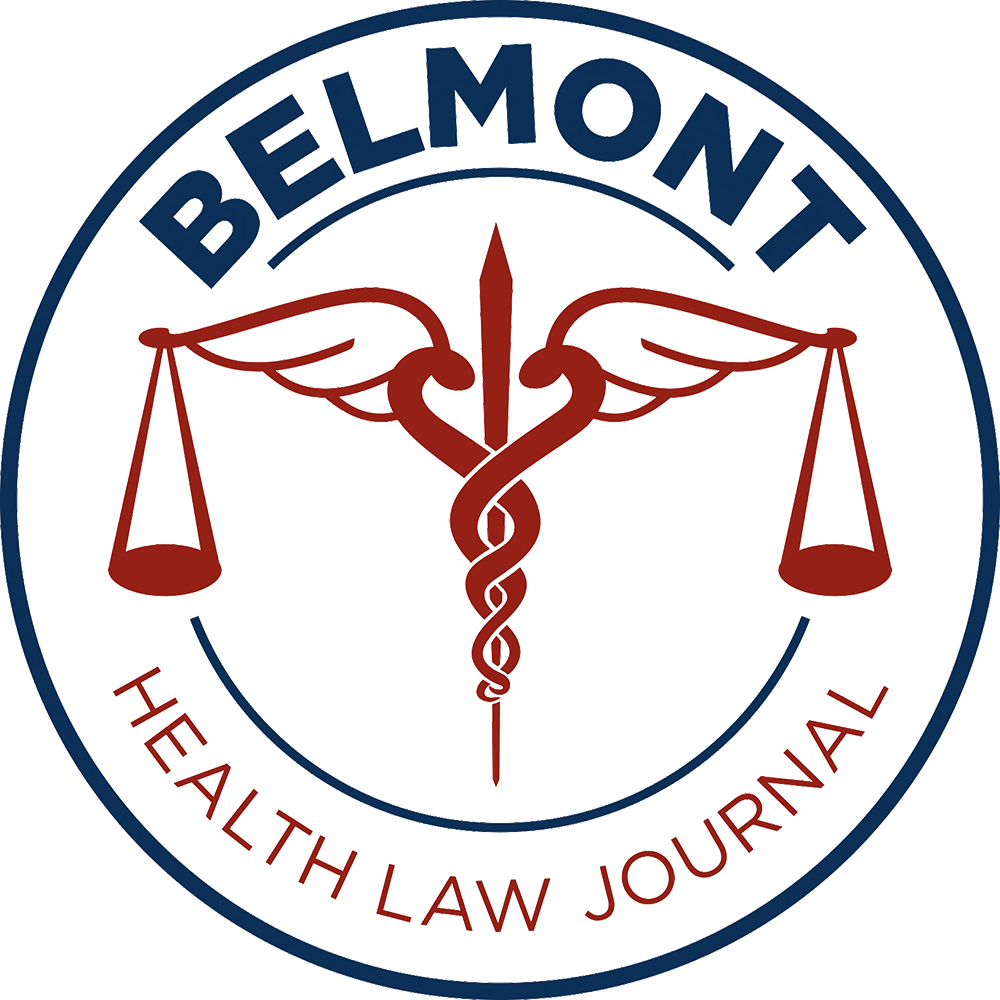Clay Brewer, Class of 2019; Neil B. Krugman, Partner at Waller
The rise in healthcare costs and public concern about accessing adequate care has caught the eye of many government officials across the country, some of whom have increased their enforcement of consumer protection laws in response.
The Attorney General of Pennsylvania, Josh Shapiro, provides a recent example.
In 2012, the University of Pittsburgh Medical Center (UPMC), an integrated nonprofit hospital, announced that it would no longer contract with Highmark, a health insurer, due to Highmark’s recent affiliation with a large UPMC rival, Allegheny Health Network. In 2014, despite continuing disagreements, UPMC and Highmark entered into a consent decree with the Attorney General, the Pennsylvania Insurance Department and the Pennsylvania Department of Health. With the aim of protecting consumers, the decree permitted in-network access for certain groups of Highmark members (such as senior citizens) to certain unique or exception UPMC hospitals and providers.
The decree expires on June 30, 2019. With that date nearing and no resolution in sight to UPMC’s dispute with Highmark, in February 2019, General Shapiro filed a petition in Pennsylvania state court against UPMC, contending that UPMC has failed to meet its charitable purpose and seeking to require “that all charitable, nonprofit health systems contract with all health insurers who want to do business with them.”
In a recent counterclaim filed in federal district court, UPMC has labeled General Shapiro’s actions as unprecedented and illegal because they usurp the rights of nonprofit healthcare providers. Not only does the petition essentially force nonprofit providers to contract with insurers, UPMC claims, but it also allows the state to infringe upon federal government programs such as Medicare Advantage, the Patient Protection and Affordable Care Act (ACA), the Sherman Act and the Employee Retirement Income Security Act of 1974 (ERISA).
On April 3, Shapiro witnessed a setback with a Pennsylvania state court ruling that the court lacks authority to extend a consent decree without an allegation of fraud, accident or mistake or mutual consent by the parties, despite the impact the Attorney General claims it may have on the greater population. Interestingly, the court declined to rule on most of the primary issues such as whether the Attorney General has the power to regulate nonprofits and whether UPMC, in fact, violated its charitable mission.
Although an initial victory for nonprofits, this case will continue to be closely monitored for the impact it may have not only in Pennsylvania but also in the national discussion on the intersection between healthcare costs and consumer protection laws.
Shapiro says he will continue to fight for consumer protection, and submitted an appeal of the trial court’s decision to the Pennsylvania Supreme Court in early April.
